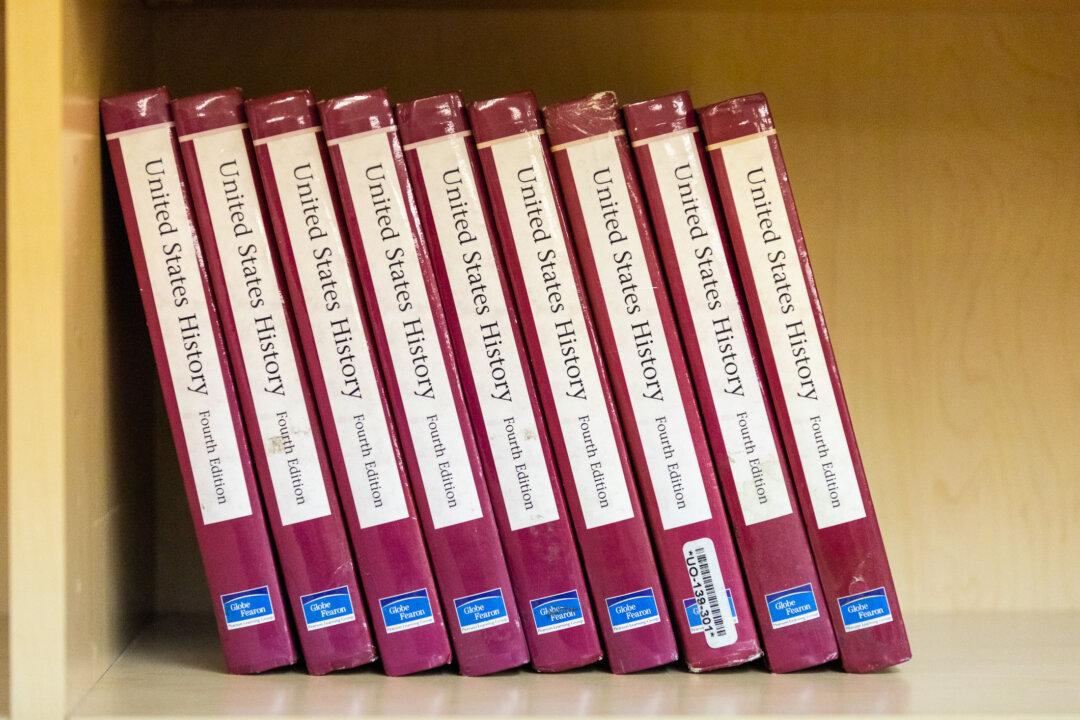Commentary
Of all the specimens of conservatism—social, religious, libertarian, America First, and so forth—none has been so vanquished and expelled, so dispirited and demoralized, as cultural conservatism.

Of all the specimens of conservatism—social, religious, libertarian, America First, and so forth—none has been so vanquished and expelled, so dispirited and demoralized, as cultural conservatism.